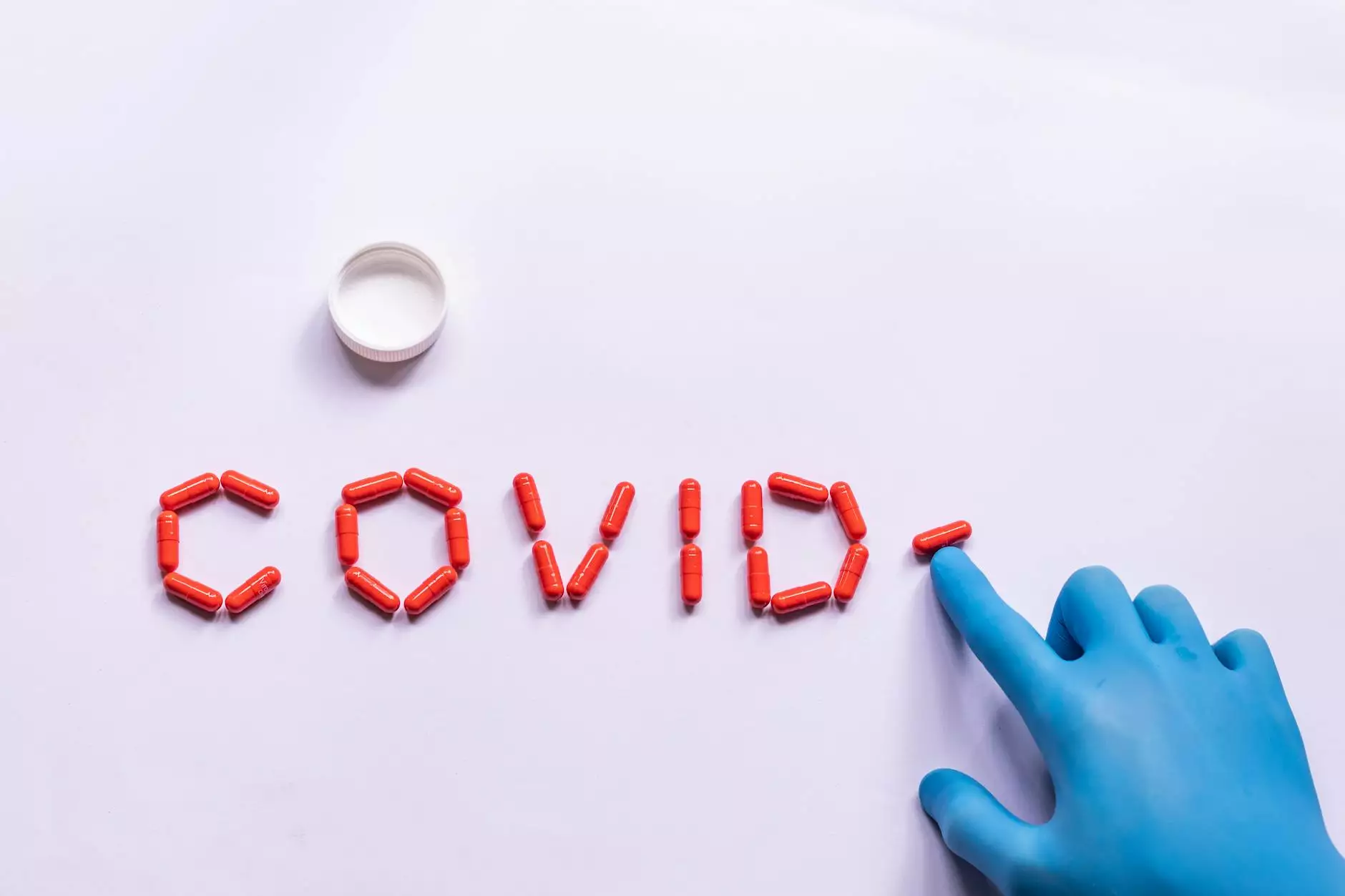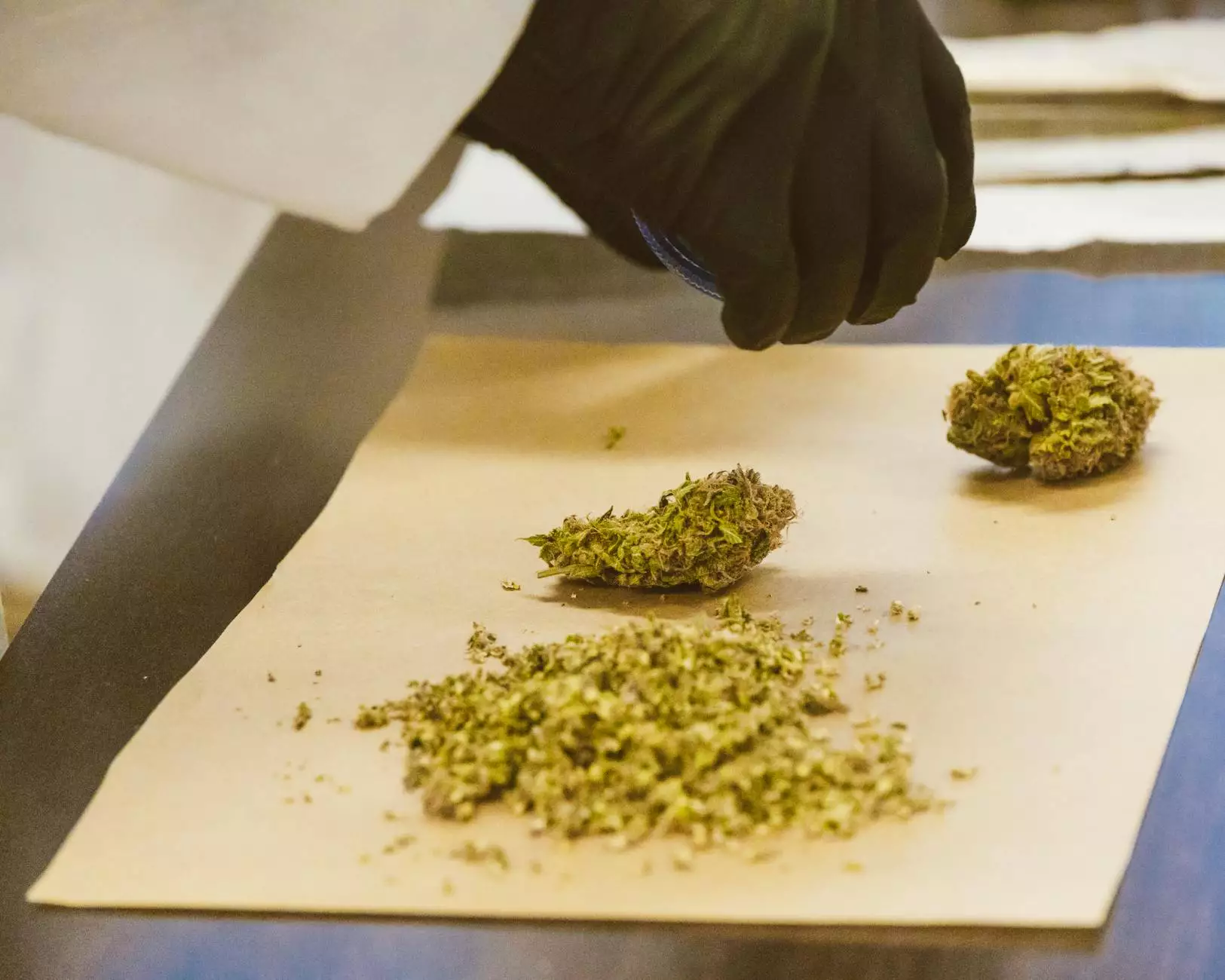Understanding Real Fake Certificates: The New Trend in Professional Advancement

Introduction to Real Fake Certificates
The world of education and professional qualifications is constantly evolving. In recent years, a growing phenomenon has surfaced, known as real fake certificates. These documents, created with precise attention to detail, offer individuals an opportunity to boost their professional profiles in a market that increasingly values credentials. But what exactly are real fake certificates, and how can they benefit you in your career? Let’s explore this intriguing concept in depth.
What is a Real Fake Certificate?
A real fake certificate refers to a diploma or certification that is designed to look authentic, despite being produced outside of traditional educational or professional channels. These certificates are meticulously crafted to mirror legitimate documents, featuring:
- Official Logos: Accurate representations of school or organization logos.
- Signature Lines: Realistic signatures that match those on genuine certificates.
- Quality Paper: High-quality paper to give a professional appearance.
- Accurate Information: Customizable details such as name, degree, and dates of attendance.
While the term might evoke skepticism, real fake certificates serve a legitimate purpose in various professional fields.
The Increasing Demand for Real Fake Certificates
The competitive nature of the job market has led many professionals to seek ways to stand out. As employers often look for specific qualifications during the hiring process, individuals have turned to real fake certificates as a potential solution. But why are they becoming so popular? Let’s discuss some contributing factors:
1. Enhanced Employability
Job seekers understand that certain positions may require specific qualifications that they do not possess. A real fake certificate can help bridge that gap, enhancing the applicant's employability by showcasing what they wish they had. This is particularly relevant for:
- Entry-level positions where specific degrees are preferred.
- Career changes where a new field may require a different set of credentials.
- Individuals returning to the workforce after an extended absence.
2. Cost-Effective Solution
Obtaining a legitimate degree can incur tremendous expenses, including tuition fees, study materials, and time off work. Real fake certificates present a cost-effective alternative that allows individuals to present themselves as more qualified professionals without the accompanying financial burden.
3. Time-Saving
The time commitment required to earn a degree or certification can be unrealistic for many. Real fake certificates provide a simple solution to present a credible educational background without the extensive time investment.
How Real Fake Certificates are Transforming Professional Services
The field of professional services is particularly receptive to the concept of real fake certificates. Professionals in areas like consulting, marketing, and IT often find themselves needing to showcase a broad range of skills and experiences. Here’s how these certificates are making an impact:
1. Boosting Credibility
When seeking clients or promotions, showcasing certifications can significantly bolster a professional's credibility. A real fake certificate can effectively communicate advanced skills and specialized knowledge that may not be supported by traditional education.
2. Facilitating Networking Opportunities
Having certifications listed on your resume can attract opportunities for networking. Professionals are more likely to connect with you if they see recognized qualifications, leading to potential collaborations or job offers.
Choosing the Right Provider for Your Real Fake Certificate
Given the sensitive nature of certifications and the potential legal implications involved, it is crucial to choose a reputable provider when seeking a real fake certificate. Here are some tips to ensure you select a legitimate service:
1. Research Providers
Conduct thorough research into companies offering real fake certificates. Look for:
- Customer Reviews: Testimonials from previous clients can provide insight into the company’s credibility.
- Portfolio Samples: Request to see samples of their work to assess quality.
- Background Checks: Verify the company’s history and standing in the market.
2. Transparency of Services
Reputable providers will be transparent about their offerings and the limitations of their products. Make sure to inquire about:
- The customization options for the certificates.
- Their policies regarding refunds or dissatisfaction.
- Any potential legal implications associated with using a real fake certificate.
3. Quality Assurance
Ensure that the provider guarantees the quality of their products. High-quality printing and materials are critical factors that distinguish a genuine-looking certificate from a poorly made one.
Ethical Considerations Around Real Fake Certificates
While acquiring a real fake certificate can seem advantageous, ethical considerations must be addressed. Here’s what you should consider:
1. Misrepresentation Risks
Using a real fake certificate can lead to misrepresentation charges if discovered. This can jeopardize current employment, future job prospects, and professional reputation.
2. Legal Repercussions
In some jurisdictions, the use of fake credentials can lead to serious legal consequences, including fines or imprisonment. It is essential to understand the laws governing certifications in your area.
3. Professional Integrity
Maintaining professional integrity is fundamental in any career. Consider whether presenting a real fake certificate aligns with your values and long-term career aspirations.
Alternatives to Real Fake Certificates
If the ethical implications of real fake certificates concern you, consider the following alternatives to enhance your professional profile:
1. Online Courses and Certifications
Many reputable institutions offer online courses, providing legitimate certifications upon completion. Platforms like Coursera and edX allow you to gain new skills recognized by employers.
2. Workshops and Seminars
Participating in workshops and seminars can provide networking opportunities and knowledge. Some offer certificates that can be added to your resume.
3. Volunteering and Internships
Real-world experience gained through volunteering or internships can be much more valuable than a fake certificate. It demonstrates your commitment and ability to apply skills in practical settings.
Conclusion: The Future of Real Fake Certificates
As the job market continues to evolve and educational pathways diversify, the role of real fake certificates will undoubtedly grow. While they offer a tempting solution for enhancing employability and showcasing qualifications, it is crucial to weigh the benefits against ethical and legal considerations. Through thorough research and conscious choices, individuals can navigate this complex landscape, making informed decisions that foster professional growth without compromising integrity.
In conclusion, whether you choose to pursue a real fake certificate or opt for legitimate educational resources, remember that your credentials should reflect not just your qualifications but also your commitment to lifelong learning and professional excellence.









